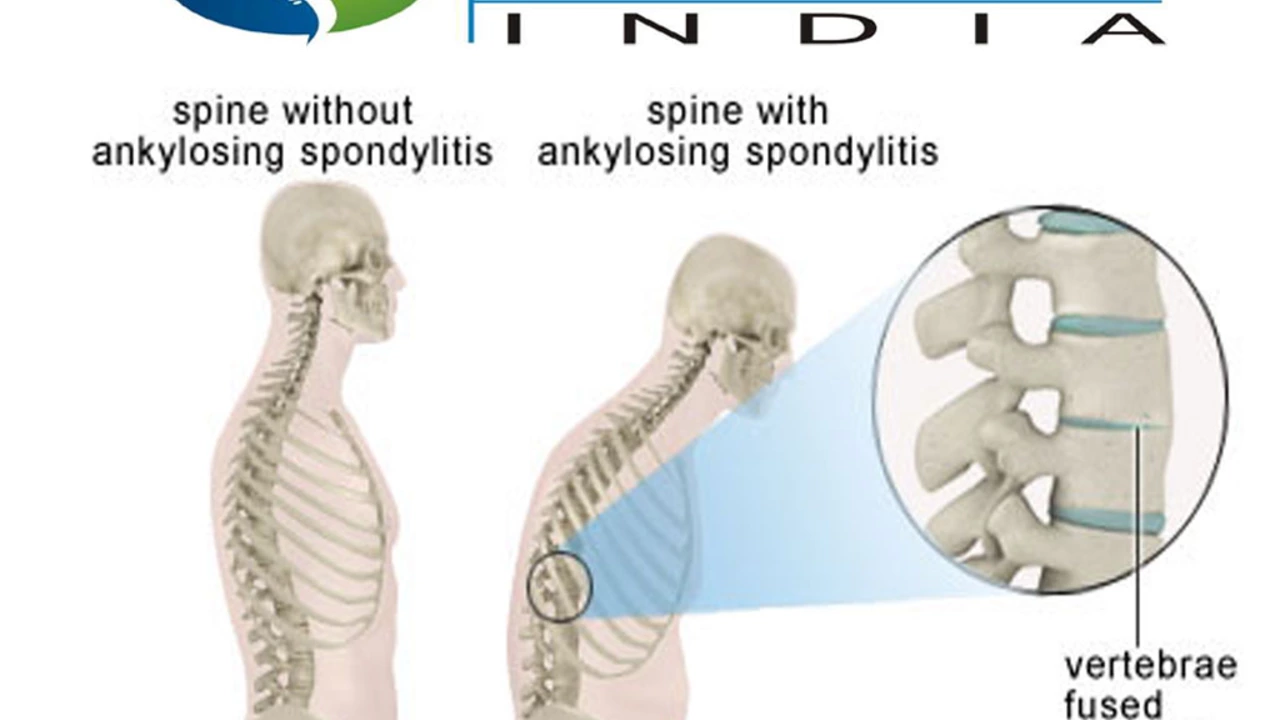Understanding Ankylosing Spondylitis
Before we dive into how to cope with the emotional challenges of Ankylosing Spondylitis, it is important to understand what this condition is. Ankylosing Spondylitis (AS) is a type of arthritis that primarily affects the spine, causing inflammation and pain. Over time, it could lead to the fusion of some of the vertebrae, resulting in a hunched-forward posture. For many, AS is more than just physical discomfort—it also brings along emotional difficulties that can be equally challenging to manage.
The Emotional Burden of Ankylosing Spondylitis
Ankylosing Spondylitis can take a heavy emotional toll on individuals. Chronic pain can trigger emotional distress, leading to mood disorders such as depression and anxiety. The constant struggle of dealing with this condition can also result in feelings of frustration, helplessness, and fear. It's not uncommon for individuals with AS to feel isolated and misunderstood, which only adds to the emotional burden.
Recognizing the Impact of Emotions on Physical Health
It is important to recognize that emotions can have a substantial impact on physical health. Stress, anxiety, and depression can worsen the symptoms of AS, creating a vicious cycle of physical and emotional discomfort. Recognizing this connection is the first step towards managing the emotional aspects of AS.
Building Emotional Resilience
Building emotional resilience is key to managing the emotional challenges of AS. This involves developing strategies to cope with stress and maintain a positive outlook, even in the face of adversity. This could be through practicing mindfulness, developing a strong support network, or seeking professional help when needed.
Importance of a Strong Support Network
Having a strong support network is crucial for individuals with AS. This can be family, friends, or others who understand their struggle. A strong support network can provide emotional comfort, practical assistance, and even help in managing the condition.
Seeking Professional Help
Seeking professional help is often necessary for managing the emotional challenges of AS. This could be from a psychologist, psychiatrist, or a counselor who has experience in dealing with chronic illnesses. Therapy can provide tools and strategies to cope with the emotional burden and improve overall well-being.
Practicing Mindfulness and Relaxation Techniques
Mindfulness and relaxation techniques can be highly beneficial for managing stress and anxiety associated with AS. These techniques can help you stay focused on the present moment, reduce negative thinking, and promote relaxation. They can be practiced through yoga, meditation, or guided imagery.
Ensuring a Healthy Lifestyle
Maintaining a healthy lifestyle is critical for managing AS and its emotional effects. This involves regular exercise, a balanced diet, adequate sleep, and avoidance of harmful habits like smoking and excessive alcohol consumption. While these may not directly affect your emotions, they can significantly improve your overall well-being and resilience.
Remember, You Are Not Alone
Lastly, remember that you are not alone in your struggle with AS. Millions of people around the world are dealing with similar challenges. There are numerous communities, both online and offline, where you can connect with others who understand your experience. Don’t hesitate to reach out for help and support, and always remember – you are stronger than you think.





Reviews